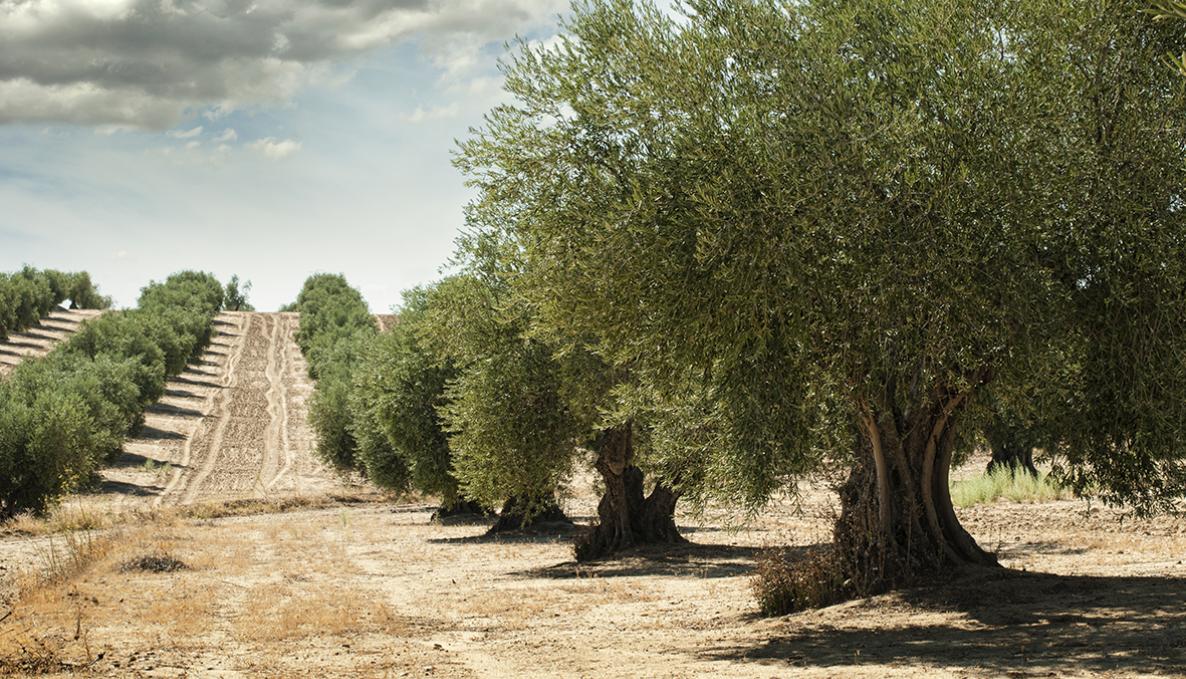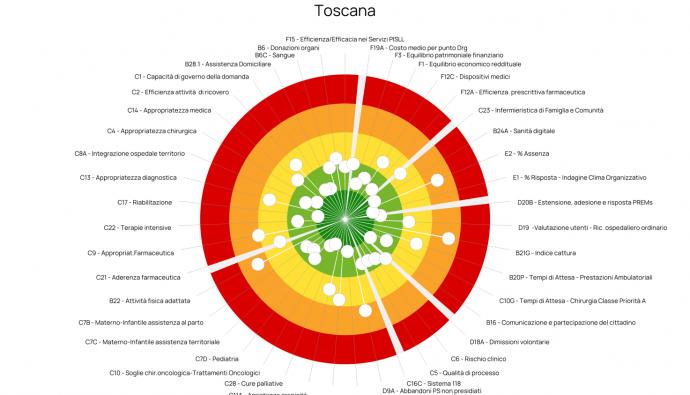Innovative solutions to combat the olive tree bacterium, the Crop Science Research Center of Sant'Anna School is one of the partners in the BIOSAVEX project, funded by the Apulia region

The Crop Science Research Centre of Sant'Anna School is among the partners of the BIOSAVEX (Olive Biodiversity for Saving Salento from Xylella) project, financed by the Apulia Region through the Rural Development Programme 2014-2022 and coordinated by Impresa Verde Puglia s.r.l.. The aim of the project is to deepen our knowledge of the Xylella fastidiosa subsp. pauca bacterium, a phytopathogen associated with the 'rapid olive tree decay syndrome', which has been compromising olive-growing in Apulia for some years now. In the Salento area, which is particularly affected by the epidemic, project activities on several local olive varieties and accessions are nearing completion. The studies focused on agronomic aspects, the development of tools and techniques for both the rapid multiplication of plant material and the selection of Xylella tolerance/resistance traits.
The role of Sant'Anna School
Dr. Susanna Bartolini, assistant professor in General Arboriculture and Arboreal Cultivation, is the scientific head of the operational unit of the Scuola Sant'Anna. Livia Pappalettere, PhD student in Agrobiosciences, and Cristina Ghelardi, laboratory technician, collaborate. The research group has made available several selected clones of the Tuscan 'Leccino' cultivar, which has been highlighted for its proven lower susceptibility to Xylella; it has also developed innovative and rapid propagation protocols for cuttings, experimenting with new substrates and biological rooting agents for an alternative use to synthetic products. These methods will make it possible to obtain, in a shorter time, significant quantities of self-rooted plants belonging to olive cultivars able to resist the bacterium and, therefore, suitable for cultivation in the Salento area.



